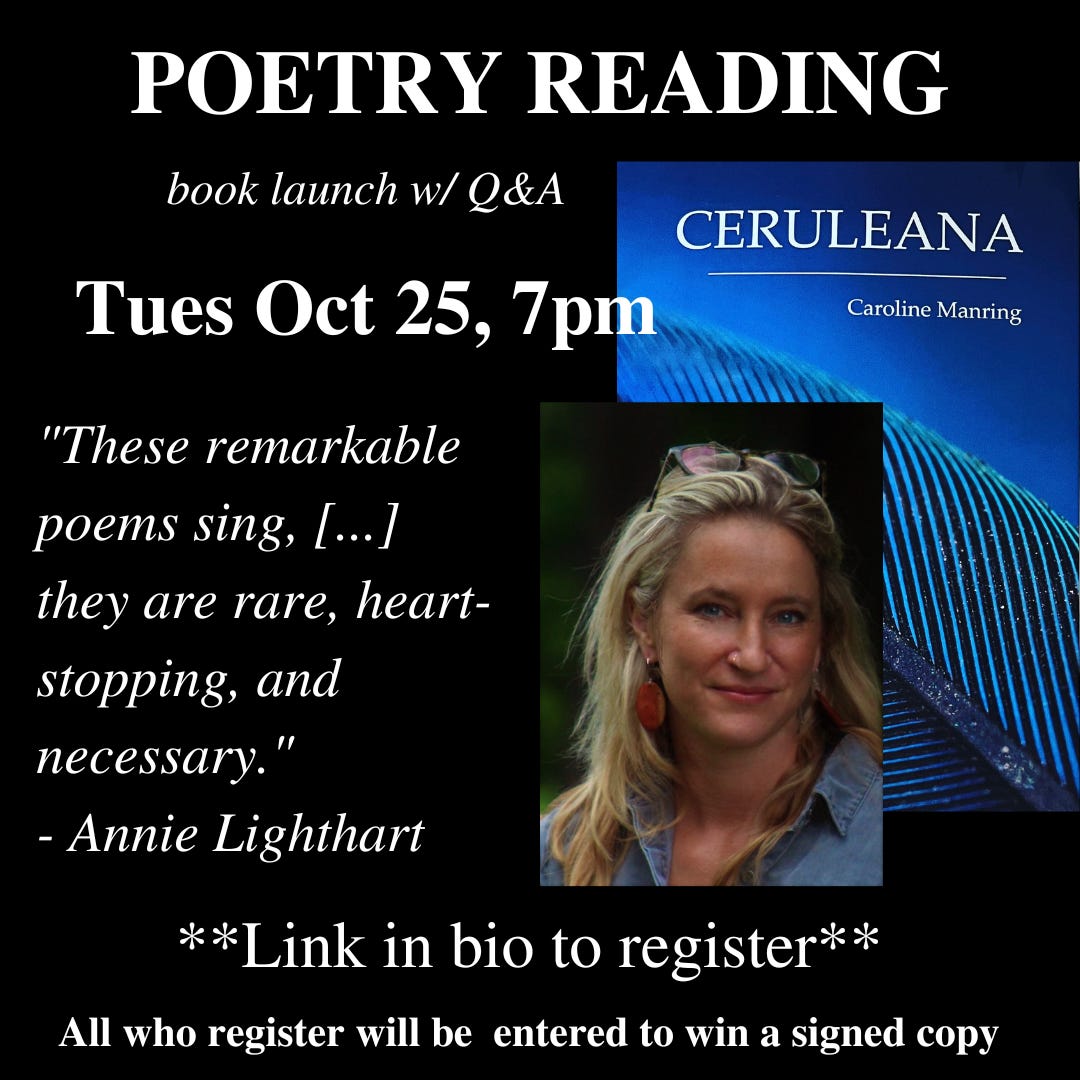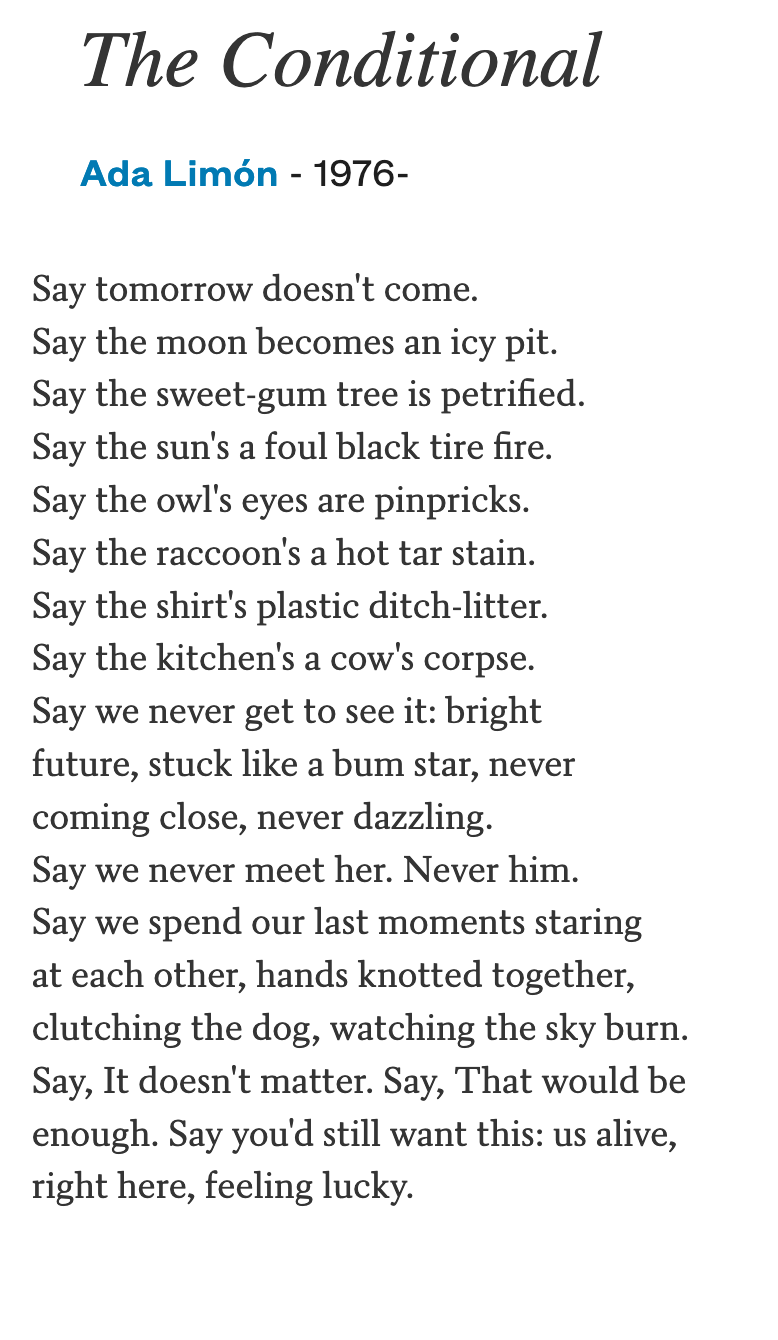First off, a warm welcome to all new subscribers! Thank you for joining me.
If you like what you see and want more, paid subscribers get a weekly email with writing prompts, readings, and a bonus newsletter. Either way, I’m glad you’re here and thanks, as always, for reading.
Recently, when my accountability partner and I were trying to set manageable goals for the next two weeks, she repeated back to me the phrase I feel is tattooed on the inside of my eyelids. “Writing is joy, right?” she said in a slightly sarcastic tone, ribbing me about the fact that although I am adamant that writing is joy, our creative work is not always easy or fun.
Writing absolutely is joy—more on that in a minute—but it is also pain. In the most basic way, for those of us who write memoir, writing can mean so many hours, days, weeks, and even months, of revisiting the most painful moments of our lives so that we can render them on the page precisely and meaningfully. No book exemplifies this better than Chanel Miller’s Know My Name, which details the multi-year process of suing her rapist while trying to recover her life and sense of self. I cannot imagine how difficult it was for her to write that book.
Writing is pain for fiction writers too, coming in several different flavors. One of the most common pains for a fiction writer is realizing the protagonist you care about and are rooting for is going to have to suffer. We love our main characters. Hurting them does not feel good, but it is necessary for the story, always—protagonists who do not suffer do not grow. Another form of pain in fiction writing mirrors the common pain of memoir—it is not only memoirists who are putting their painful moments on the page. Often fiction writers are too, simply camouflaging their own lived hurts in fictionalized settings.
Another kind of pain is just, you know, writing words. Here are some kinds of writing that can have me grunting in frustration: physical movement and choreography, descriptions of face and body, set pieces with lots of characters and action, paragraphs that cohere, sentences that sound good and make sense. And don’t get me started on pacing, scene shaping, and dialogue. The actual arranging of words on the page, of trying to get the story in your mind onto the page in front of you—well that can be pretty freaking painful.
Oh and did I mention the pain of uncertainty? Writing is a dive into the unknown. There is no instruction manual, no 30-day money-back guarantee on writing an essay, poem, novel, or memoir. In general I believe and tell people it will come around. But I well know that it can be a long, hard journey there, and there is never a creative journey that doesn’t have a rock-bottom moment where we stare at the thing we are trying to make and feel it is an irredeemable mess made by a hopeless loser.
Every artist ever has been in this hole, the place where they are convinced that they will never make anything good, that their work in progress is pointless, stupid, and doomed, as they are. These dark moments are one of the most painful parts of being an artist.
Our tendency is lean away from pain, which makes perfect fucking sense. Who wants to feel shitty? Not I. But as my accountability partner reminds me, on the other side of the darkest depths of pain is the Big Joy. Writing my first novel was the hardest thing I’d ever done intellectually, the most challenging endurance sport ever. And it not being published was the hardest thing I’d ever done emotionally, crushing me in a way I did not know was humanly possible.
But on the other side of that darkness was Big Joy, was the recognition that I had always dreamed of writing a novel AND I DID IT. And that in writing that novel, I learned SO MUCH about writing, lessons I was eager to share with others, lessons that it turned out others were keen to hear. I would never have willingly signed up for the painful rejection I experienced—and it was, hands down, one of the best things that’s ever happened to me.
Part of traveling through that darkness to reach the Big Joy beyond was understanding I would not survive if I journeyed alone. Creativity forces us into community, I think. It is too hard, too scary, too uncertain to face alone. Every writer I know has a list of people they call when the lights go out, people who know the struggle, who will sit with them in the blackness and quietly whisper reassuring words. Creative community allows us to be seen and comforted when the road gets rough. It also means when the vistas are grand and the air is sweet and the flowers are in bloom, we can celebrate together.
I think it’s important to celebrate milestones, but I am all about the joy of the process too. Frankly, I love being alone with my notebook and Pilot Precise pens (extra-fine baby). In that time, I have complete freedom. I get to decide what I want to write. I get to murder metaphors, cross out what’s not working, underline what I think is amazing. I get to sit back and look at a good sentence and think, Damn, I made that! And I get to sit back and look at a sentence that’s maybe not so good and think, OK, it’s time to make this better. I get to decide if I want to write short, clipped sentences or long, languorous ones. I get to decide if I start the story at the beginning or in the middle. I determine where the section breaks go and use as many goddamned em dashes as I please. Writing is joy for me because I get to be in the landscape of my imagination, memory, and cognitive abilities without anybody else calling the shots.
Writing allows us to get to know and trust ourselves. It is an invitation to be our best cheerleader, to dream bigger than we ever have before—and to face the hurt that inevitably comes in such a vulnerable process. Joy and pain are inseparable; we cannot have one without the other. The more searing the pain, the more intense and immense the joy. And living fully in moments of joy makes loss and hurt that much more agonizing. But I wouldn’t have it any other way. I only have so many turns around the sun, and I want to feel it all.
Tomorrow night I am hosting a wonderful poetry reading where the brilliant Caroline Manring will read her punch-you-in-the-face poems and talk about the sticky, beautiful process of writing poems. The reading starts at 7pm ET on Tuesday 10/25, and you can register here. All attendees will be entered into a drawing for a free copy of her new book, Ceruleana.
I know I’ve shared this poem with y’all before, but I simply cannot get enough of the pain and joy it contains.








This particularly caught my eye: "physical movement and choreography . . . set pieces with lots of characters and action. . . ." A scene in Conrad, a ship foundering at sea; no matter how often I read those pages, I cdnt visualize how the ship lay in the water, how crewmen were moving inside the partly submerged craft. And lots of characters in motion simultaneously within an extensive rugged landscape, how to convey that in words. How to distinguish many characters during a banquet, for example, without resorting to Dickens's "one exaggerated trait per person" (although I love Dickens). I wish that, for the last 50 years, I'd kept notes on passages in which authors succeeded in those really difficult tasks; wd make for a good anthology.